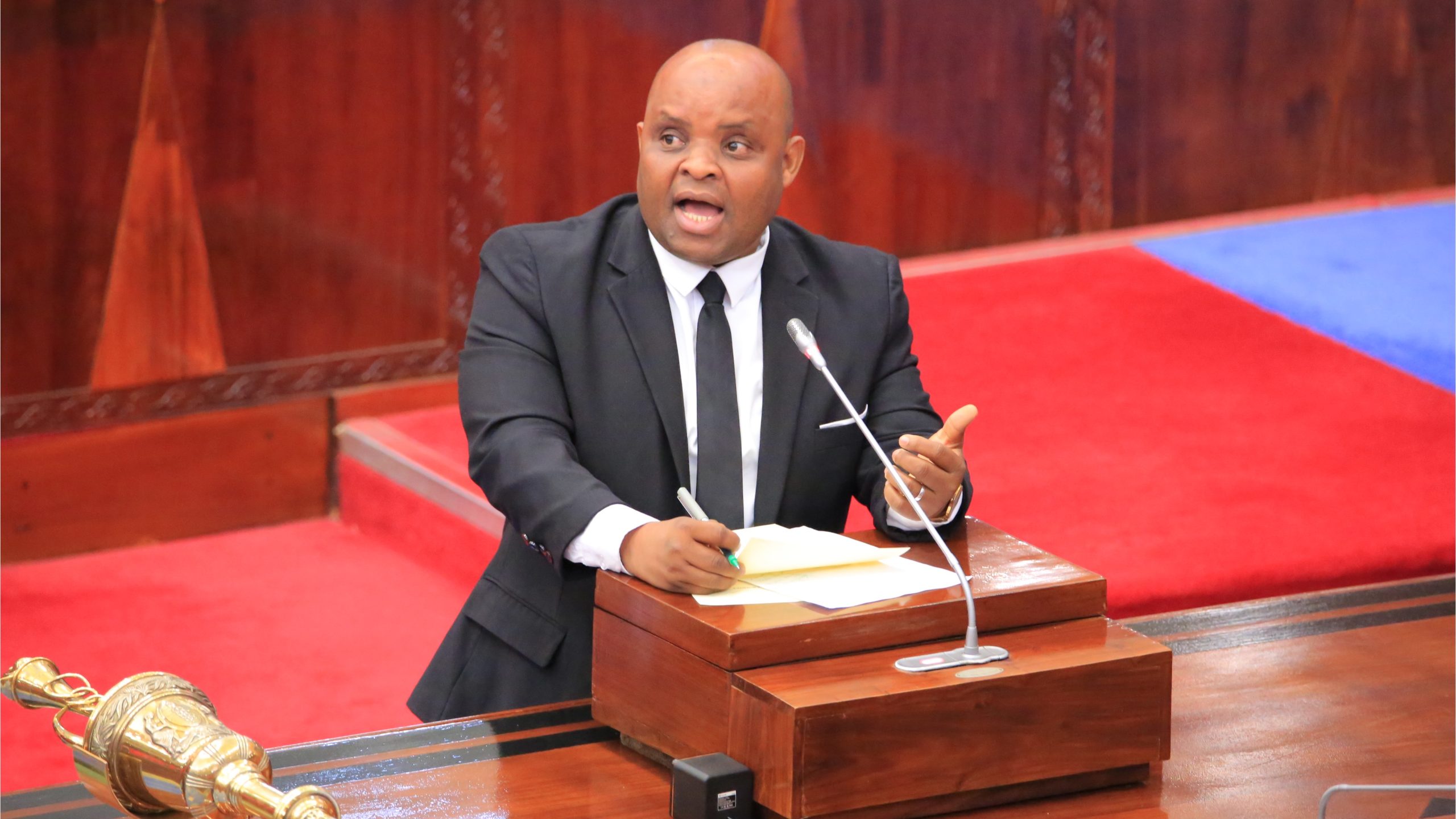Huge sums of money will become available worldwide for technology that can remove carbon dioxide from the atmosphere, and it’s not too late for Israeli companies to jump in, the second annual carbon conference heard last week.
The carbon removal market is heading toward $1 trillion, Matthias Honegger, head of Carbon Dioxide Removals at the German climate advisory company Perspectives Climate Research, told the Tel Aviv confab, organized by ClimateNet, a nonprofit organization established last year by environmentalists Maya Jacobs and Victor Weiss.
“The carbon markets tide is coming,” he said. “And yet most countries are still asleep at the wheel. Israel is not late. Even though Europe, the US, and other countries are moving, this is still very early days. And this is the time to act.”
In March, the United Nations Intergovernmental Panel on Climate Change issued an urgent call to significantly increase the amount of carbon dioxide being removed from the atmosphere. This, together with a 60 percent cut in emissions by 2035 compared with 2019, would give the world a fighting chance of keeping the rise in global temperatures to within 1.5 degrees Celsius (2.7 degrees Fahrenheit) above pre-industrial levels, it said.
Nature-based solutions currently make up the bulk of carbon removal projects, the meeting in Tel Aviv heard. These take a leaf from nature’s own book, restoring habitats, such as forests and wetlands, that naturally absorb CO₂.
But land available for C0₂ storage is limited, and there is already some evidence that demand is outstripping supply.
Carbon can also be removed using technology, which is still at an early stage worldwide.
In Carbon Capture and Storage (CCS) or Carbon Capture, Use and Storage (CCUS), carbon dioxide is captured from industrial sources, such as chimneys, separated and treated, and then either recycled into new products (such as carbonated drinks, or chemicals) or stored long-term, underground.
A third carbon capture category is DAC – Direct Air Capture, a technology still in its infancy that captures CO₂ directly from the atmosphere.
In Israel, the Energy Ministry has commissioned the Geological Survey to map places where carbon can be buried, Dr. Shahar Dolev, responsible for long-term models at the ministry, told the conference. That work is due to finish in a year, after which the ministry will develop a strategy and regulations and support pilot CCS projects, Dolev said.
Carbon capture projects in Israel are also eligible to apply for two kinds of research grants for which the ministry has called for proposals this year, Dolev added.
Today, in a bid to reach net-zero emissions, many companies invest in environmental projects, such as afforestation, to offset, or reduce, carbon emissions elsewhere in their businesses.
They do so by purchasing carbon credits through the so-called Voluntary Carbon Market. This is expected to reach $10 billiob to $40 billion in value by 2030.
According to Honegger, big corporations such as Microsoft are unable to find enough carbon removal opportunities, even though they have sufficient money to spend. “There’s demand out there [that will pay] several hundred dollars per ton [of carbon removed],” he said.
“Get your feet wet,” he urged Israeli carbon removal companies.
Ely Sandler, a Harvard-based Israeli climate economist, currently serving as a senior adviser to the World Bank, said the implementation of Article 6 of the 2015 Paris climate accords would be the real game-changer, catapulting the value of carbon credits to S1 trillion.
In the bilateral Voluntary Carbon Market, buyers and sellers — mainly companies buying and projects selling — set the rules.
Article 6 will allow countries, and the companies within their borders, to trade carbon credits and to put them toward reaching the emissions reduction targets that they have pledged to the UN.
The UN is setting the rules for this market and a UN body will verify the credits, helping to guard against greenwashing of activities that might not actually be climate-friendly.
The rules could be ready as soon as next year, said Olga Gassan-Zade, chair of the UN’s Article 6.4 Supervisory Body. But the ability to transfer credits would probably take longer as countries are still negotiating over what kind of registries need to be created.
“We will open the window next year. Are you ready?” she asked.
Many environmental activists worry that carbon removal technology will be used to mask the continued production of fossil fuels.
Dov Khenin, who heads the President’s Climate Forum, said that CCS would be talked up at the next UN climate conference, COP28, to be held in Dubai at the end of the year. Controversially, the confab is being chaired by the UAE’s oil minister, who, said Khenin, was interested in CCS as a tool to enable the Emirates to continue producing oil.
More than 300 people attended the Tel Aviv conference — double last year’s number. Participants included investors, consultants, startup companies, academics, government officials, and several ambassadors.



